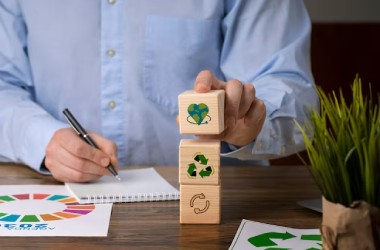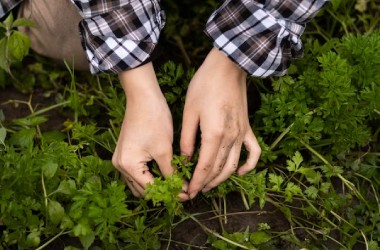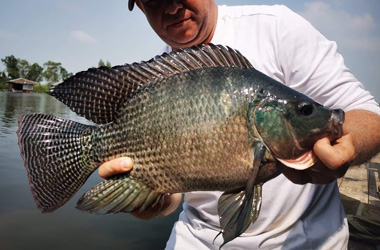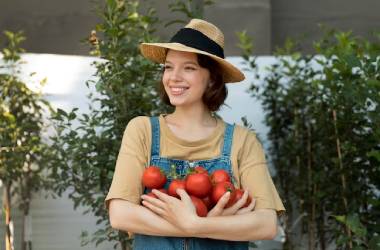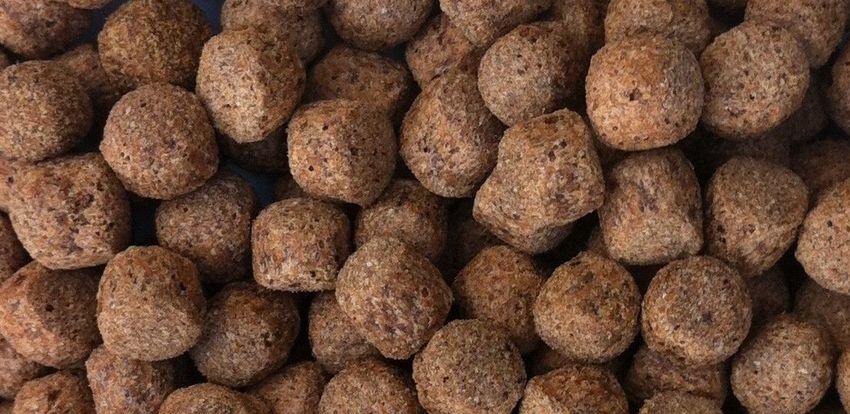
In sustainable food production and environmental stewardship, the quest for protein-rich alternatives in aquafeed formulation stands as a pivotal frontier necessitated by the detrimental impacts of overfishing on wild fish stocks. As the quintessential provider of seafood, aquaculture finds itself at the nexus of a critical dilemma, mandated with a compelling 100% expansion by 2050 to bridge the burgeoning seafood demand. Yet, this growth trajectory encounters formidable hurdles tethered to the resource-intensive web of industrialized agriculture practices and their consequential environmental repercussions.
This quest for sustainable protein-rich alternatives in aquafeed formulation unfolds against the backdrop of finite natural reserves - arable land, water, and energy - which are foundational pillars in meeting the nourishment needs of a growing global populace. The march towards this pivotal juncture is intricately entwined with the overreliance on industrialized agricultural techniques, serving as a double-edged sword that catalyzes the quest for sustainable alternatives and elicits challenges such as deforestation, intensified water scarcity, and land degradation.
A delicate balancing act - harmonizing the escalating demands for food, notably through aquaculture products, while safeguarding the invaluable natural resources pivotal for sustaining ecosystem health and vitality. This intricate tapestry underscores the inescapable urgency for innovation and sustainable solutions to navigate the formidable challenges lurking on the horizon and uphold the integrity of our planet's ecosystems for future generations.
Moreover, a deeper understanding emerges as the efficiency levels in aquaculture unfurl, shedding light on conventional, super-intensive, and industrialized aquaculture practices. The adverse effects intertwined with industrialized agriculture practices heighten the imperative for a paradigm shift towards ecological, sustainable, and regenerative aquaculture methodologies. The environmental footprint, the welfare of marine ecosystems, and the pressing need for responsible resource management loom large within this narrative, advocating for environmentally conscious and sustainable aquaculture initiatives to safeguard food security and environmental conservation.
The indispensable role of fish as a sustainable protein source, the spotlight illuminates their innate efficiency and eco-friendly attributes. From high fertility rates to streamlined body shapes, buoyancy adaptations, and poikilothermic nature, fish epitomize efficiency in utilizing aquatic resources to produce protein sustainably. The lower Feed Conversion Ratio (FCR) characteristic of fish underscores their eco-efficiency, necessitating a shift towards embracing their role as a sustainable protein source in the broader sustainability narrative.
In the pursuit of a sustainable food future, the role of responsible aquaculture practices, coupled with an informed consumer stance, emerges as a beacon guiding us towards a balanced and thriving ecosystem. By embracing innovative metrics like FCR, FIFO ratio, and ECI alongside sustainable farming practices, we pave the way for a healthier planet, resilient food systems, and a promising future for humanity and the environment.

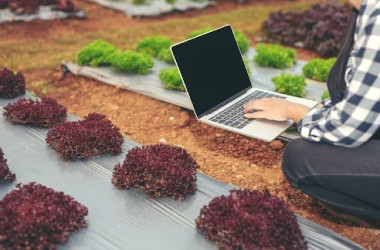
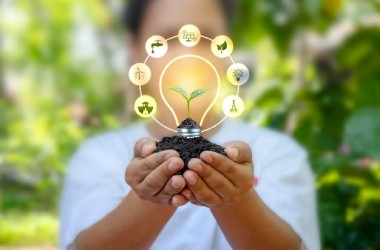
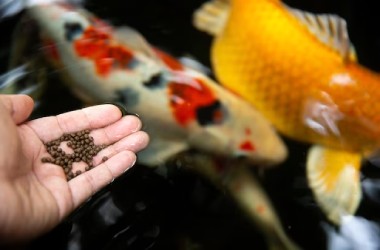
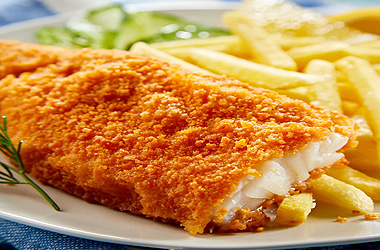
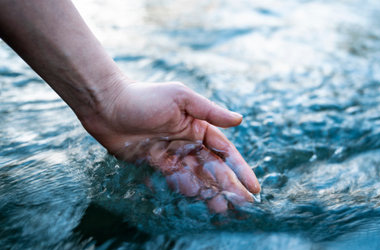
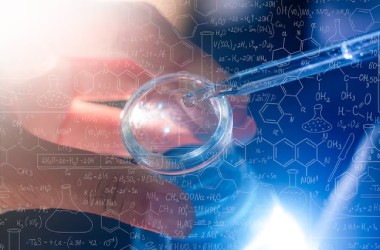
.jpg)
